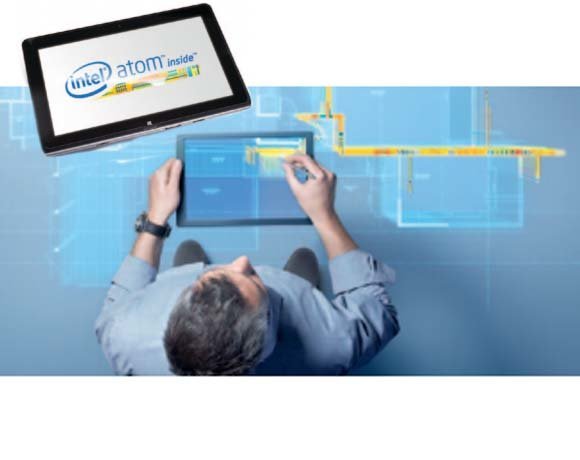The best tablet for the job
Pete Groushko, hardware sales manager at Computacenter, says 50% of the company’s tablet sales are Windows 8 devices; the remaining 50% are iPads.
The uptake of Windows 8 tablets has been driven by the availability of the Bay Trail processor, he says. And while executives and generation-Y users may have brought iPads into business, Groushko believes the true cost of ownership of the Apple product could work out more, especially after adding in mobile contract costs, mobile device management (MDM) software licences and the fact that iOS may not be well supported by the IT department. Enterprise-class tablets generally have stronger security compared to consumer products.
He says: “One of the drawbacks of older tablets was the lack of a trusted platform module (TPM). The TPM is a tick-box for a corporate device.” Another factor is the battery. Groushko says some of Computacenter’s customers have made decisions on which devices to deploy based on tablets that have removable batteries, such as the Dell Latitude 10. In certain sectors, for example financial services, the IT department may stipulate the solid state drive (SSD) should be removable, as a data loss prevention measure. Groushko says: “Lenovo and HP devices can be serviced in the field, as the screen is connected to the chassis by magnets and the SSD can be pulled out, allowing engineers to service the motherboard.” So which products should the business consider for a tablet deployment programme?
More articles on enterprise tablets
- The future of the tablet computer in the enterprise
- Do you need tablets in your workplace?
- Download the Computer Weekly ezine to read Best tablet for the job
The follow slides show a selection of some of the tablets from the main PC suppliers >>









